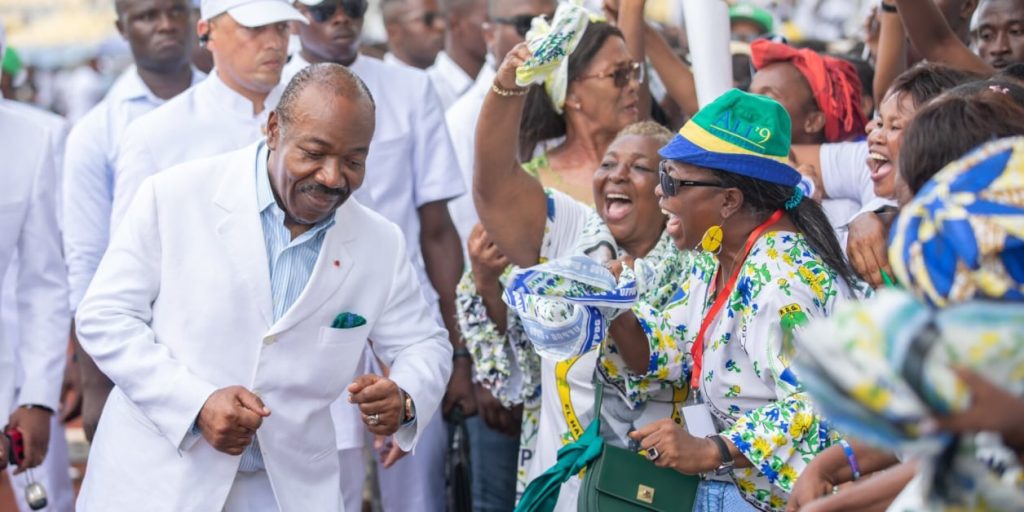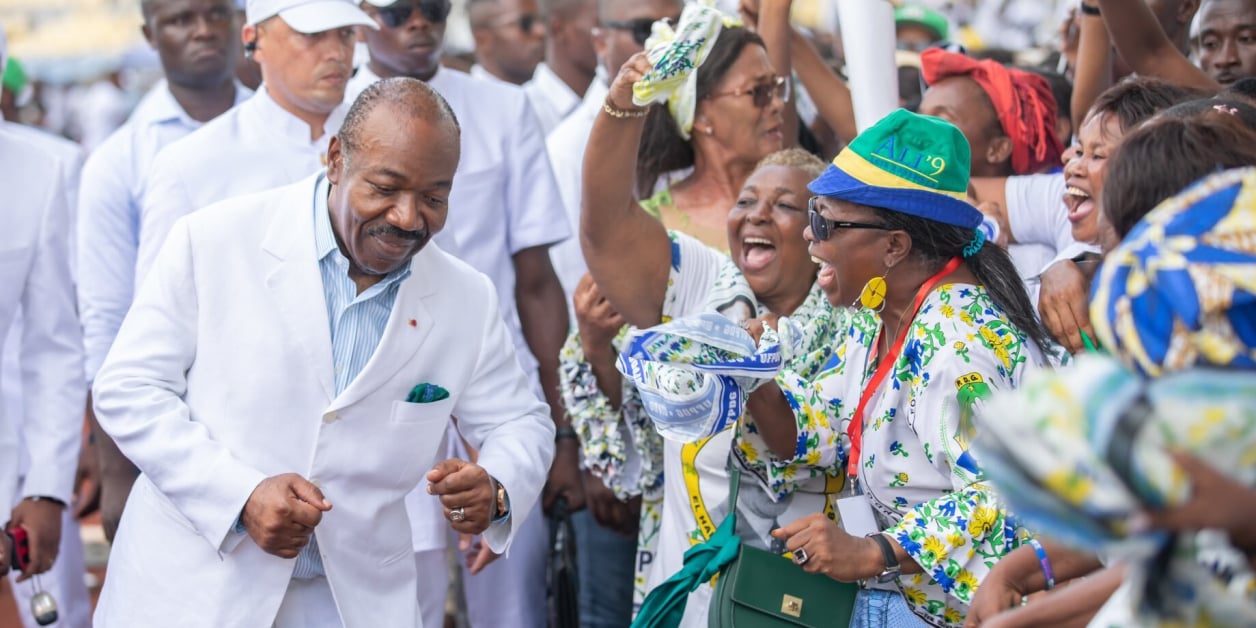In a shocking turn of events, Gabon, a central African nation known for its natural beauty and rich biodiversity, has been plunged into a political crisis as an attempted coup unfolds. The nation, which has had its share of political instability in the past, is once again grappling with internal strife as factions within the military and government clash. The current crisis has raised concerns not only within Gabon but also among regional and international stakeholders who closely monitor the stability of the region.
The ongoing coup attempt is said to have been triggered by a combination of factors, primarily centered around disputed elections in which President Ali Bongo Ondimba, whose family has ruled for 55 years, was declared the winner.
The coup began with a pre-dawn address in which a group of officers declared that “all the institutions of the republic” had been dissolved, the election results cancelled and the borders closed.The coup leaders later named Oligui Nguema “transitional president”, according to a TV statement.
“The country is going through a serious institutional, political, economic and social crisis,” according to a statement read on state TV.
It was read by an officer flanked by a dozen army colonels, members of the elite Republican Guard, regular soldiers and others.
The elections “did not meet the conditions for a transparent, credible and inclusive ballot so much hoped for by the people of Gabon”, the statement said.
“Added to this is irresponsible and unpredictable governance, resulting in a continuing deterioration in social cohesion, with the risk of leading the country in chaos.
“We — the Committee for the Transition and Restoration of Institutions (CTRI) on behalf of the people of Gabon and as guarantors of the institutions’ protection — have decided to defend peace by putting an end to the current regime,” it said.
President Ali Bongo, who assumed power in 2009 following the death of his father, Omar Bongo, has faced criticism throughout his tenure for alleged electoral irregularities and maintaining a tight grip on power. The opposition has long accused the Bongo family of suppressing dissent and perpetuating a dynasty, which has fueled resentment and political tension in the country.
However, it’s worth noting that the coup attempt has garnered universal support within the military. International reactions to the situation have been swift and concerned. The African Union (AU) and the United Nations (UN) have both called for a peaceful resolution to the crisis and the restoration of constitutional order. Regional leaders within the Economic Community of Central African States (ECCAS) have expressed their intention to mediate and help facilitate dialogue between the conflicting parties. .
As the situation continues to unfold, the people of Gabon are left grappling with uncertainty ,the complexity of the situation cannot be understated, as Gabon’s vast wealth in natural resources, including oil, has not translated into widespread prosperity for its citizens, exacerbating social and economic disparities. Finding a lasting solution to the current crisis will require addressing not only the immediate political power struggle but also the structural issues that have fueled discontent.
As the situation remains fluid, the international community watches with bated breath, hoping for a peaceful resolution that safeguards the interests and well-being of the Gabonese people. The road ahead is uncertain, but the hope for stability and progress remains strong, as regional and global actors work to bring about a peaceful end to the turmoil that has gripped this Central African nation.


